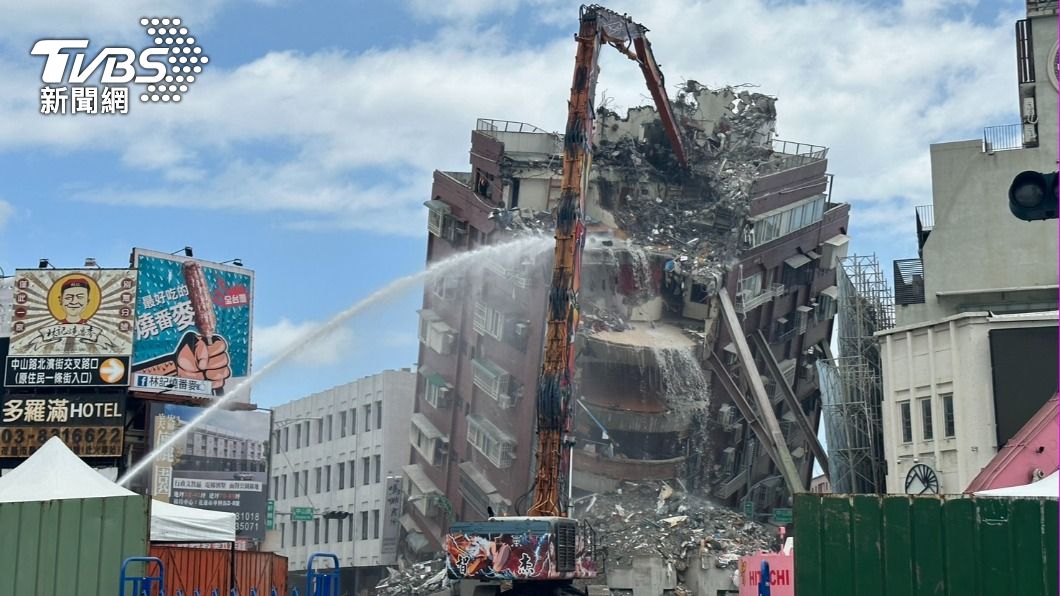TAIPEI (TVBS News) — Following a 7.2 magnitude earthquake in Taiwan on Wednesday (April 3), the seismic resilience of buildings is once again under scrutiny. Experts are urging both central and local governments to inspect old structures for potential earthquake vulnerabilities caused by the recent quake.
Chang Wen-yen, the dean of the Department of Natural Resources and Environmental Studies at Dong Hwa University, suggested that buildings over 50 years old should be inspected first. If structural damage is found, emergency reinforcements can be made.
"Just because they didn't collapse this time, doesn't mean they won't next time," warned Chang.
Chang stated that, while the probability of another earthquake of magnitude 7 or above occurring in the eastern sea area of Taiwan in the short term is relatively low due to ongoing aftershocks, it is not out of the realm of possibility.
Chang pointed out that the primary task for relevant agencies at this stage is to conduct detailed aftershock monitoring. If another strong earthquake occurs, early warnings can be issued. He also advised the public to stay away from mountainous areas where landslides and collapses could occur at any time to avoid being trapped.
Distinguished research fellow Ma Kuo-Feng from the Institute of Earth Sciences Academia Sinica (IES) explained that the Ryukyu Trench, where the Philippine Sea Plate and the Eurasian Plate meet in the eastern sea area of Taiwan, experiences a strong earthquake of magnitude 7 or above every 60 to 100 years on average.











